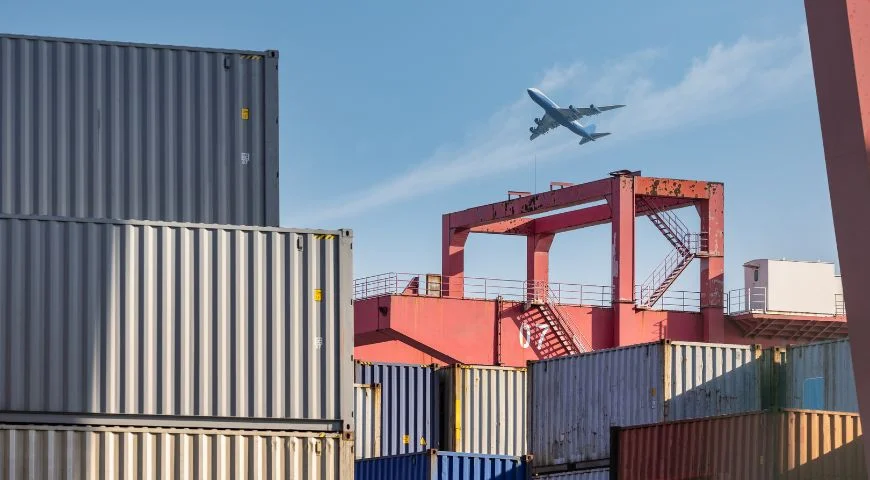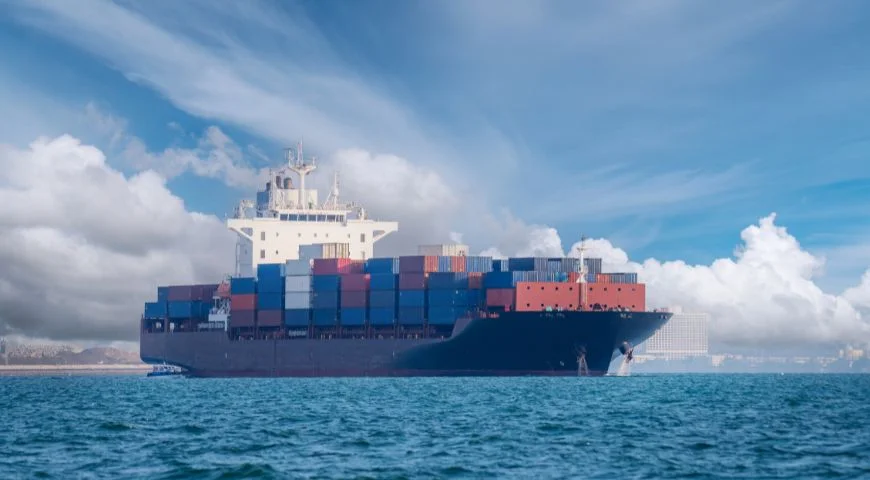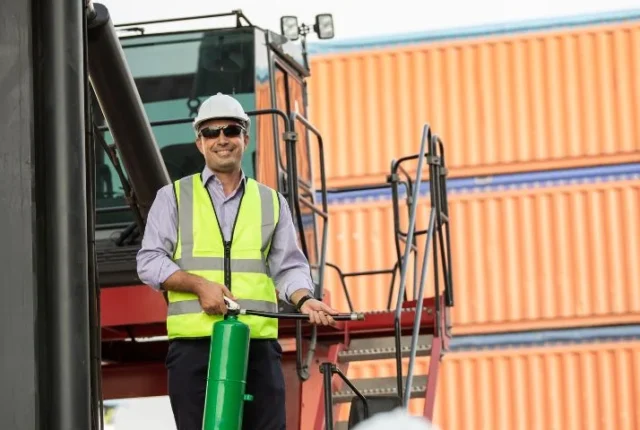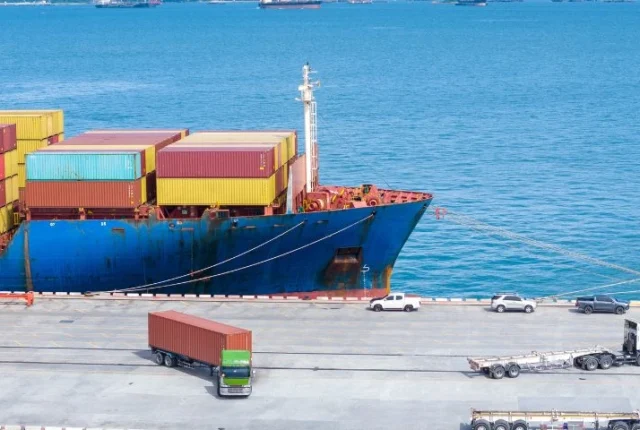
Cost Breakdown: Sea Freight vs Air Freight for Chemicals – When Each Makes Sense in India and USA
The transportation of chemicals across the international borders is demanded by the effective and safe logistics solutions. Indian and USA businesses are usually torn between adopting sea-freight services and aerial freight services when transporting chemicals. This decision depends on factors like urgency in shipments, cost, safety, and regulatory compliance particularly when handling specialized containers as in the case of iso tank containers. This guide is a detailed price comparison tool and assists the logistics decision-makers to know when their chemical shipment should be transported by sea or by air.
1. Cost Comparison: Freight Charges and Ancillary Costs
Sea transportation is considered to be the more affordable option of bulk chemical transportation. Freight rates associated with the ocean freight forwarding service are much cheaper per kilogram than those of the air cargo forwarding services, which makes it the best option where large volumes are being shipped in iso container tanks or tank container depots in India. The major terminals such as Mumbai, Nhava Sheva, Mundra and Hazira are remarkable points where the economies of scale are achieved by grouping cargo in 20ft iso tank containers.

Nevertheless, the sea freight has cost advantages in that it has other ancillary fees like terminal handling, custom clearance and port fees including bunkering services in India which remains to fuel the barge and ships. These may be additional costs to the overall cost but may be compensated by the volume capacity and reduced transit time.
Air freight logistics on the other hand charge premium on speed and security. Airfreight is efficient in case of urgent or high-value chemical shipments with smaller quantities through which the air freight services lower inventory holding and supply chain risks. These charges cover fuel excesses, the security charges and processing at exclusive air delivery terminals, though the premium of time delivery can be justified in the expeditious deliveries.
2. Transit Time and Supply Chain Impact
Transit time is very important in selecting freight mode of chemicals. The transit of sea freights between ports in India such as iso tank at Mumbai to America may take weeks which depends on the timetable of the vessel, the congestion at the port as well as the customs formalities. This reduced speed provides an economical supply chain model on non-urgent chemicals.
Conversely, air freight services offer a quicker option- in most cases drugs shipped out of India to the US are delivered in a matter of a few days. This pace allows manufacturers and distributors to have lean inventories and fulfill urgent production requirements. As an example, industrial chemicals that are transported using iso tank containers are advantaged with quick transit of air although it can be costly.
The decision on whether to use sea or air will always be determined by striking a balance between cost and time-to-market factors; it is always necessary to engage the best logistics agents in India who are conversant with both modalities.
3. Safety, Compliance, and Handling Considerations
The transportation of chemicals involves the strict compliance with safety and regulatory measures, in particular, the use of iso tank operators in India and depot services. Shipment of freight by sea should be in accordance with IMDG Code which requires proper packaging of cargo in certified ISO tank depot services and documentation.
Air freight has a more stringent restriction of the size and packaging of hazardous cargo in that aircraft safety is put at risk. The chemical shippers in isotank in nhava sheva or tank container in Mundra demand skilled logistics service providers to sail through air and sea rules without any hustles.
Also, port management and logistics centers are dependent on expert port handling services and port agency services that provide safe transit and conformity. Collaboration with companies such as FAK Worldwide is useful in reducing risks as well as maximizing freight and regulatory necessities.
Conclusion: Choosing the Right Mode for Chemical Freight
In the selection of sea freight or air freight of chemical shipments in India and the USA, a careful choice of cost, speed, safety and operations is required. Sea freight is the best fit in bulk transportation where the price is of the essence whereas air freight provides fast deliveries in time-sensitive goods.
The collaboration with the long-term logistics experts working in supply chain management of ISO tanks and tank container depots in India rescues regulatory compliance and the best freight solutions. Companies are able to obtain competitive advantages in global chemical logistics by striking a balance between these factors.
Stay Connected with FAK Worldwide
To stay informed of the industry, the latest happenings in the logistics field, and smarter freight solutions, follow FAK Worldwide on Instagram, LinkedIn, and Facebook. Keep abreast of technological advances that define freight forwarding in the world.



